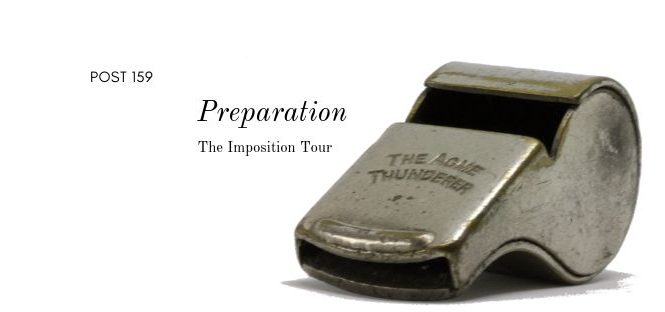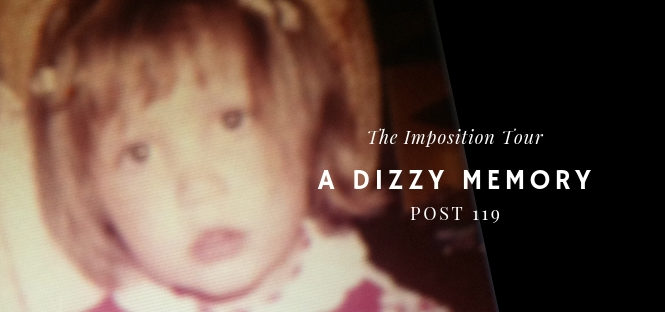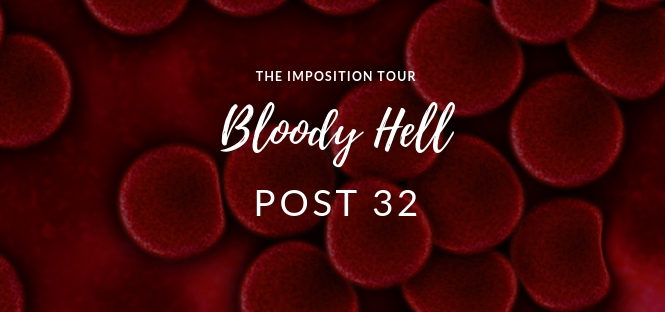Roy and I started having nightly calls very soon after he told me things were moving forward with the pilot.
There’s a great deal that goes into pitching an original series, and even though Roy had plenty of experience in the entertainment industry, my series had a lot personally riding on it for him, too. So he wanted me to be prepared.
Roy already knew how it felt to be blindsided by being underprepared.
Two years prior to meeting me, Roy had pitched a major project for a reality series that was “green-lit” to run on HBO. It was going to be a very high production value series, and Roy leveraged a lot of relationships to make things come together. But in the end, the whole project blew up on Roy because one of the main people he was counting on — who would’ve basically been the star of the series — got greedy, and ended up imploding the whole project when he walked away. Roy had been warned that this could happen, but he fully believed he was protected. It turned out, he wasn’t.
Then, within a matter of months, another network scooped up Roy’s idea, all of his sponsors, and even some of the people Roy had tapped to be involved with his project — and this other network launched the series a year later without him.
That experience came close to devastating Roy. He put so much of himself into that project, and it took him close 18 months to get over it. The failure caused him to struggle with the question of why it matters so much to tell stories when things like bad business experiences can nearly rob you of the value of your beliefs and your trust in others.
So, most of the calls I had with Roy in those early prep sessions involved learning about the cutthroat entertainment business from the back side of a deeply disappointing failure Roy had only recently put behind him. He had grown and changed, he told me, but that growth came at a huge personal cost. But on the other side, Roy had a newfound belief that whatever he did next had to matter.
It deeply humbles me even now to think that Roy believed that Eloise mattered.
I appreciated all of the time Roy spent with me on the phone. I learned so much from his experiences, but it was also incredibly heady to know that Roy was putting his faith in me (and Eloise) to give him his television comeback. Roy had maintained all of his critically important relationships after his project fell apart, and those people were willing to put their necks out for Roy one more time — which was huge.
I remember Roy telling me that his mentor (let’s call him “Ira”) said he was certain that Roy had a great eye for talent, but that if Roy wanted him to jump on board and help him a second time, Roy needed to bring him a story that would make his heart move. Ira was only looking for projects with substance from Roy this time. Not stars. And not just flash.
After 40 years in the entertainment business, Ira was one of the most notable film producers in Hollywood, and he personally represented some of the biggest stars in the business. When Roy would rattle off the names of the people who were represented by Ira — or the titles of the many films he’d produced — I felt outclassed and incredibly small.
But Roy said Ira wasn’t like that. He wasn’t caught up in the fame — he was a really good person. Roy said Ira was old school; he still believed that a handshake meant something. However, Ira was also willing to walk away from people who didn’t understand the weight of a promise, and being on Ira’s dark side was not a good place to be in Hollywood.
Roy told me that what made Ira a legend is that he is all about the story. People in powerful positions like Ira want to be moved and provoked. They want to feel the air around them change because something made them laugh or cry from a place inside of themselves, and that feeling altered the pressure in the room somehow. Actors wanted to be involved with Ira’s projects because he was so keen at picking the right stories, and, he was a genius at matching the stories to the right actors.
Ira believed in Roy, and he was willing to believe in the next project Roy brought to him if it honestly moved Roy, and made him feel something. Roy told me after he read my pilot he knew my series was a project that he wanted to show Ira.
Hurricane Season was a project that Roy believed in, and he knew that Ira would, too.
Starting with our very first nightly call, I felt such permission to be myself with Roy. I never hid from him or tried to be fancy when I knew I wasn’t. I asked every question that popped into my mind, and I never worried that Roy would think I was silly for asking it. I confessed and confided in Roy about how terribly lost I got when I was working with Sam, and, I told Roy how fearful I was that Hurricane Season had the potential to harm my marriage. I didn’t keep any secrets from Roy; I told him every shameful detail of who I had become when I was writing the scripts, and how that impacted me as a real human being.
I told Roy that this story about a woman who was living with “culturally backward convictions” would end up being a totally fraudulent story if the woman who actually created it didn’t authentically acknowledge how tricky her own life had become. I had to keep my facts and my fiction in full view this time — even if it was humiliating for me to admit how I saw myself.
It seemed to me that on the calls where I let myself fall apart, or when I’d confess all of my fears about both my potential failures and successes, it only made Roy like me even more. He always ended every call that I can remember with a reassuring word that I was a “true artist.” He said he felt protective of all that I am, and all that Eloise could be, too. And Roy reassured me that everything that twisted me up about working with Sam was a part of the creative process. I wasn’t crazy…
Roy said, “When you started this process, you just didn’t know what you know now because it’s unknowable until you actually know it for yourself!”
That was what being an artist opens up inside of you — a “knowing.”
And that “knowing” leaves you with the mark of experience that is worth so much.
Who knew…?
Roy also said that he loved how I believed in the concept of “nonnegotiable living,” but once the pilot was in the process of being sold, everything would be negotiable. So I needed to be prepared for that. However, when it came to the things that really mattered to me about the story, Roy said he’d be ready to challenge and fight on my behalf. He said things would get dirty — because they always do — but it wasn’t my job to get my hands messy. I just needed to always be clear and honest with him, and I just needed to use my words. After all, the story started with my words, and that would always be my one and only point of leverage.
But of all the things that Roy said to me on those calls, my favorite thing was this:




